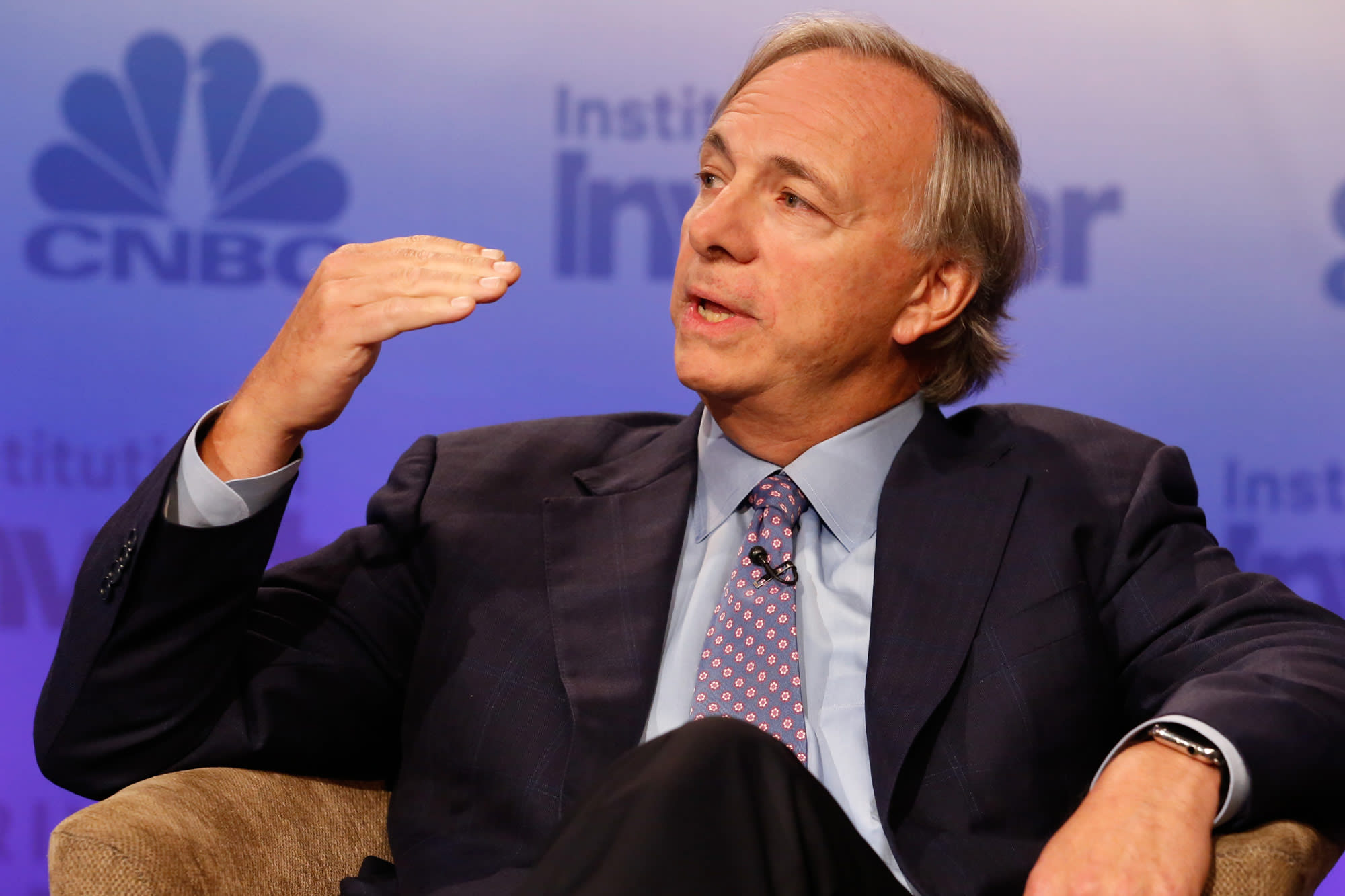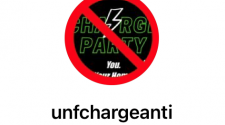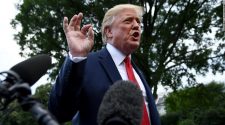“The world has gone mad and the system is broken.”
So says Ray Dalio, the billionaire financier and founder of Bridgewater Associates, the largest hedge fund in the world with $160 billion in assets.
There are several problems, including an overzealous lending market, a growing mountain of government debt and a widening divide between the rich and poor that’s becoming more tense, he says.
“This set of circumstances is unsustainable and certainly can no longer be pushed as it has been pushed since 2008. That is why I believe that the world is approaching a big paradigm shift,” Dalio wrote in a LinkedIn post published Tuesday.
Dalio, 70 and worth almost $19 billion, does not elucidate what that paradigm shift will be in his post, but he has been outspoken in his criticism of the very capitalist system that made him successful. In an interview with CBS’ “60 Minutes” in July, Dalio said the U.S. economy must change or there will be a “conflict” between the rich and the poor. And in January, he said “capitalism basically is not working for the majority of people.”
In his recent LinkedIn post, Dalio zeroed in on the way money is flowing through the economy.
First, says Dalio, we are in a situation known as “pushing on a string.” That is a scenario where central banks (like the Federal Reserve in the United States) are struggling to get their monetary policies to actually stimulate increased spending, according to Dalio’s book, “Principles for Navigating Big Debt Crises,” which he references in the LinkedIn post. That in turn leads to “low growth and low returns on assets,” he says in the book and echoes in the post. “[T]he prices of financial assets have gone way up and the future expected returns have gone way down, while economic growth and inflation remain sluggish,” Dalio writes on LinkedIn. “Those big price rises and the resulting low expected returns are not just true for bonds; they are equally true for equities, private equity, and venture capital….”
In the venture capital and start-up space, this means “more companies than at any time since the dot-com bubble don’t have to make profits or even have clear paths to making profits to sell their stock because they can instead sell their dreams to those investors who are flush with money and borrowing power,” Dalio says.
At the same time, the U.S. government is out of money — and still spending, as deficits continue to grow. Governments need to fund obligations like pensions and healthcare, Dalio points out.
“Since there isn’t enough money … there will likely be an ugly battle to determine how much of the gap will be bridged by 1) cutting benefits, 2) raising taxes, and 3) printing money…” Dalio writes.
“They are promises that have to be paid — they will either be paid by higher taxes or they’ll be not paid and defaulted on,” Dalio told CNBC at the Greenwich Economic Forum on Tuesday. “I don’t think they will be defaulted on. I think by and large, they’re going to be paid, but if they raise taxes too much, then it changes the nature of that economics.”

















